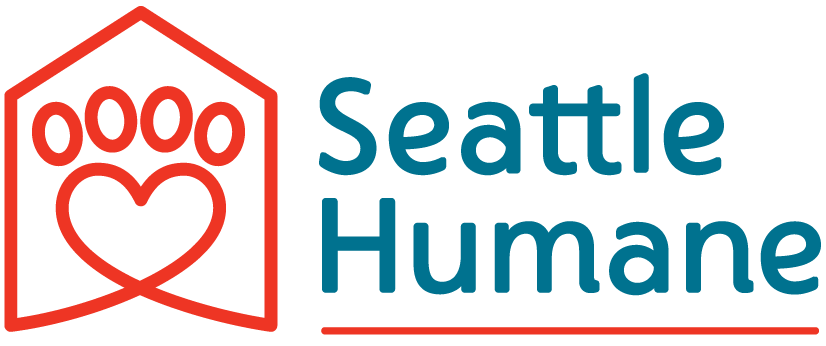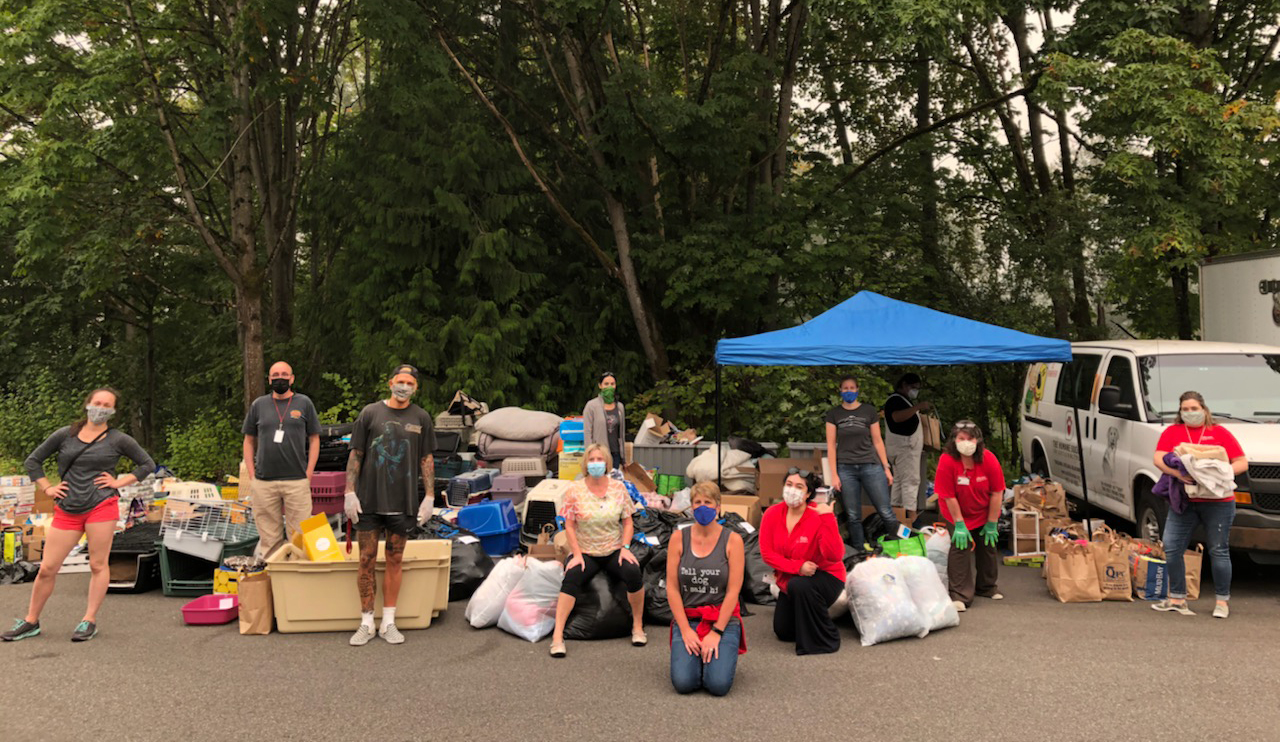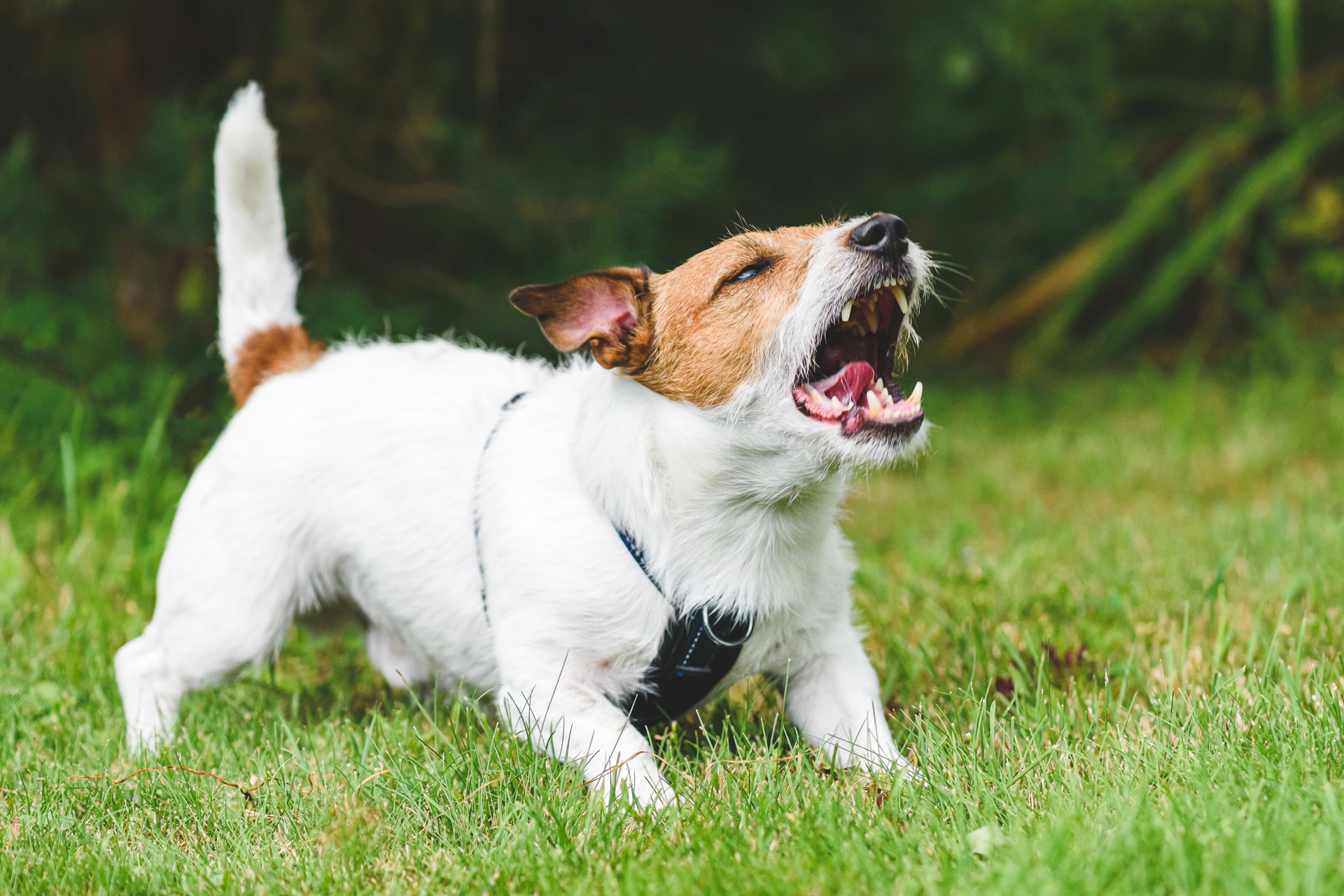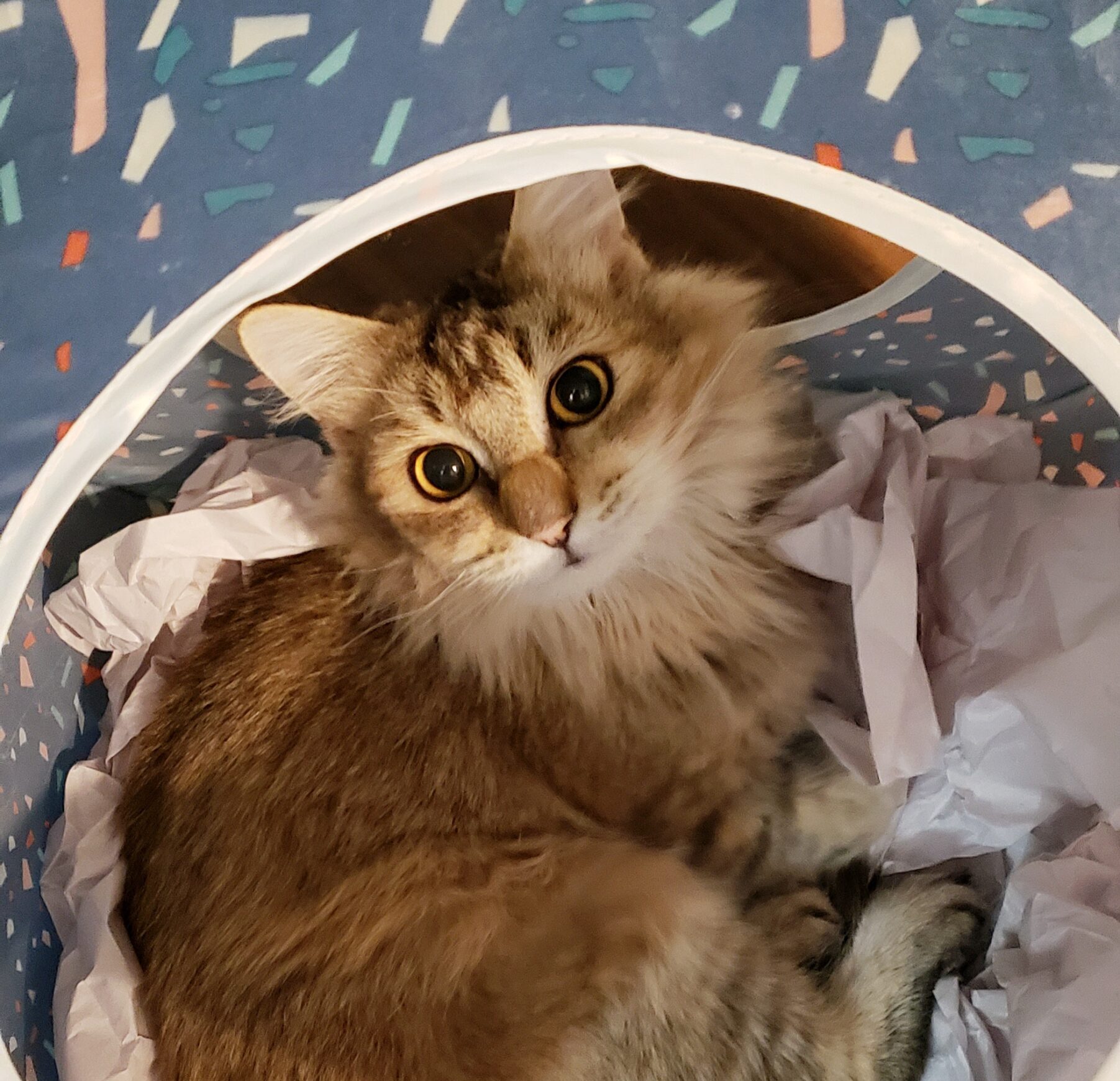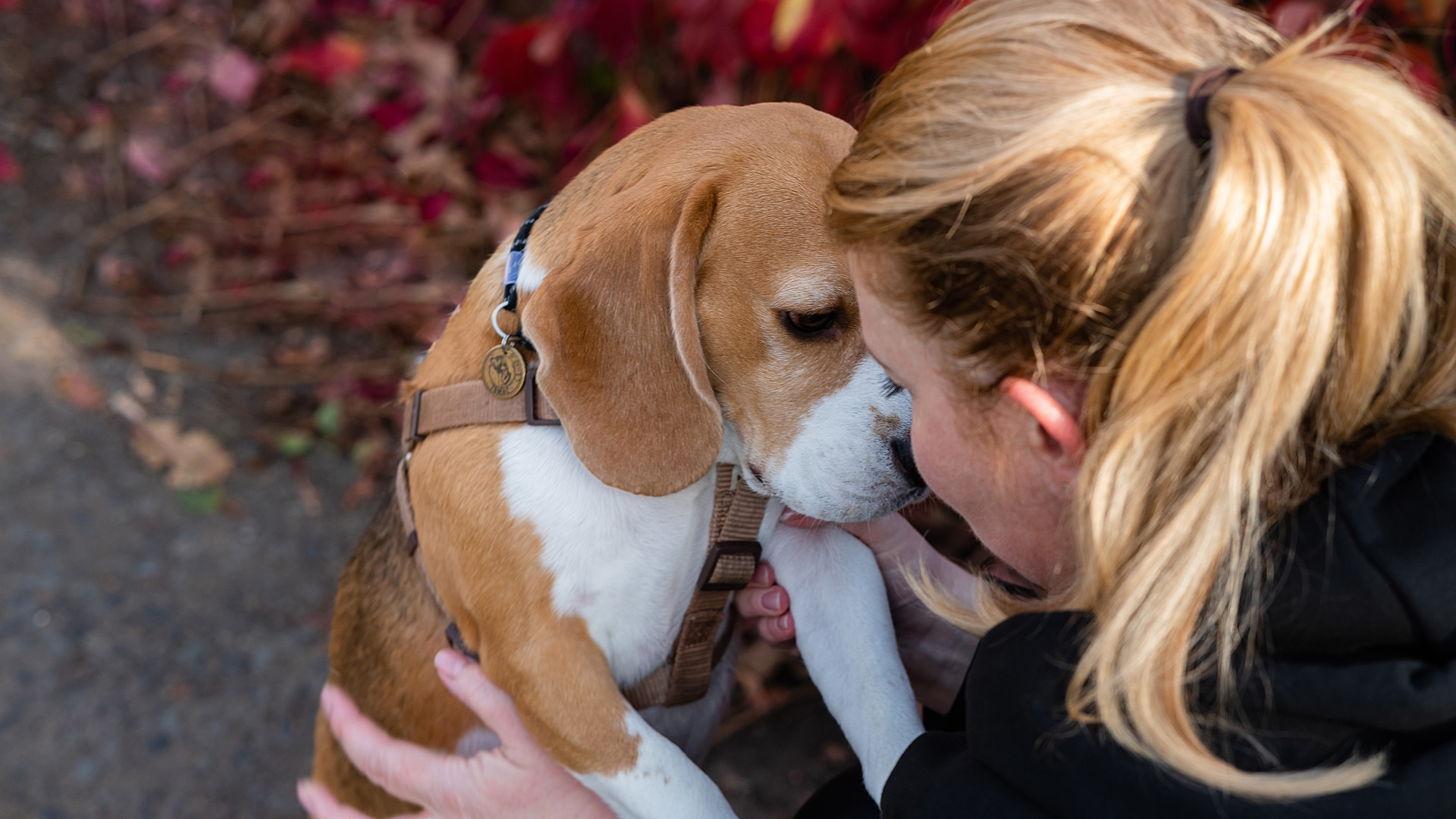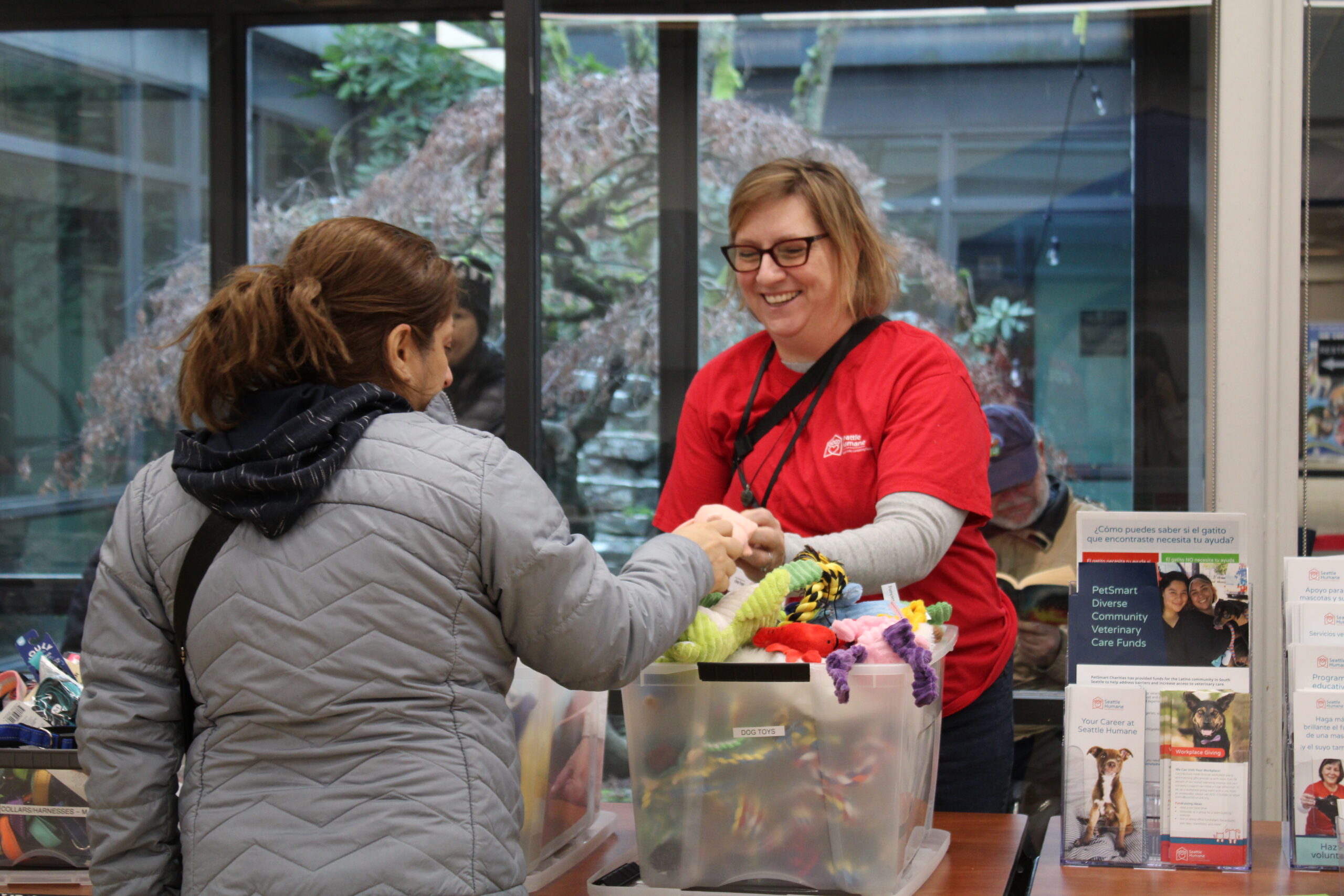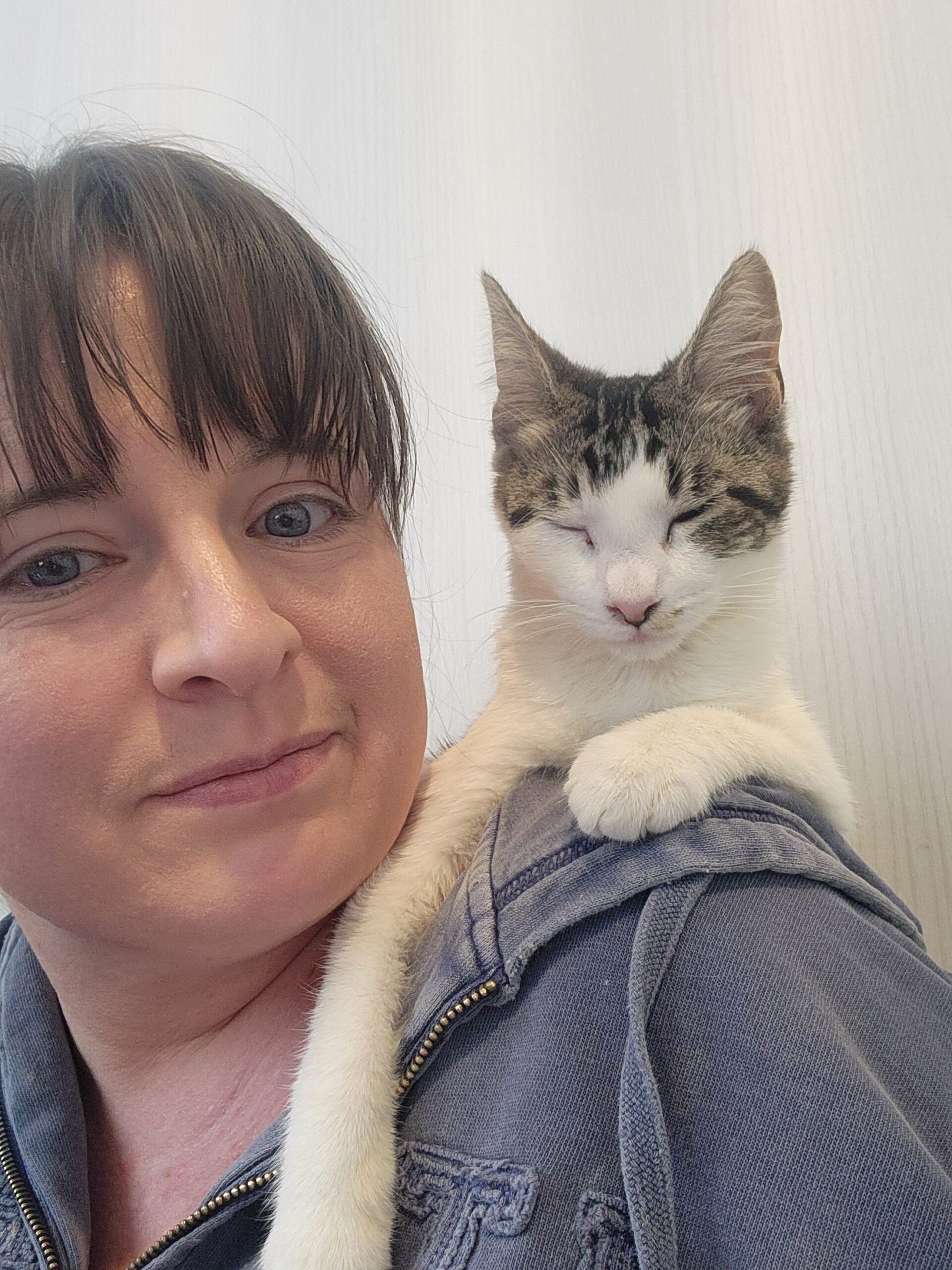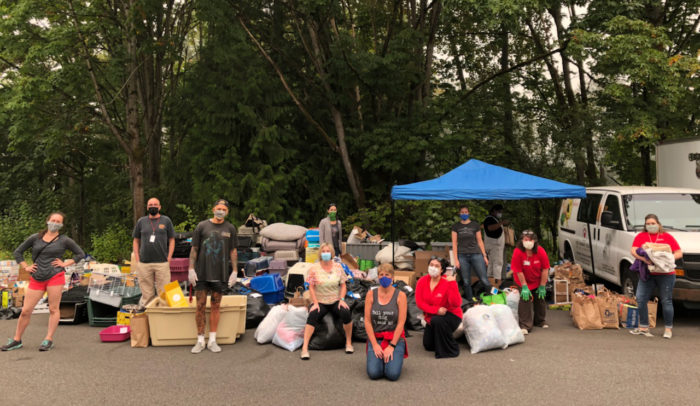
In the middle of the COVID-19 pandemic, wildfires are now devastating communities across the West Coast. The resulting unhealthy air quality is greatly impacting people and pets, especially in Eastern and Central Washington.
In response to this unexpected need, Seattle Humane hosted a volunteer-led supply drive in the shelter parking lot on Saturday, Sept. 12. Thousands of pounds of pet food, plus hundreds of crates, towels, leashes, vet supplies, hay, critter bedding and pellets, food bowls, and more than $500 in monetary donations, was collected to support the Wenatchee Valley Humane Society’s efforts to help pets and livestock displaced by wildfires in Central Washington. Volunteers and staff delivered the supplies to the humane society the next day by way of a caravan of personal vehicles and a Seattle Humane transport van.
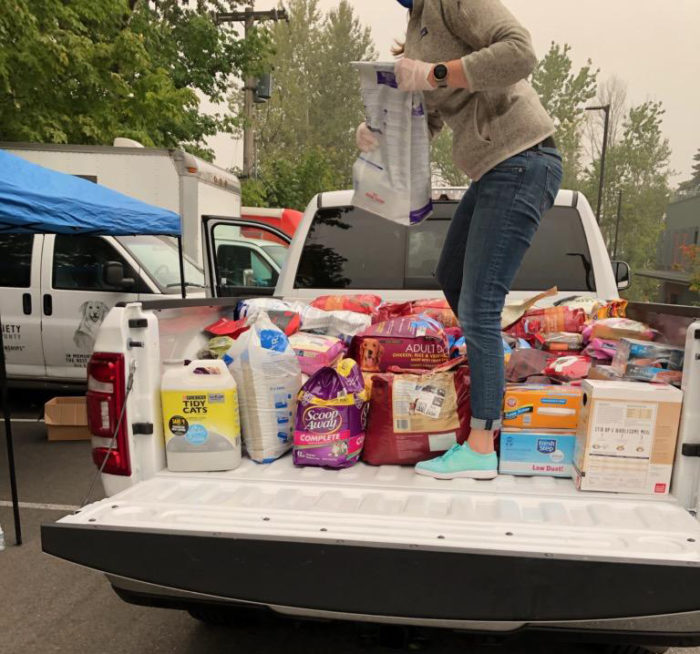
“They hit Wenatchee by storm with 12 vehicles filled with supplies,” said Wenatchee Valley Humane Society executive director Dawn Davies. “We sent three trucks, a trailer and our van loaded with supplies to Omak, Bridgeport, Waterville and Mansfield. Everyone was over-the-top grateful!”
The Wenatchee Valley Humane Society needed to add a small storage unit to accommodate the influx of donations, and the organization has been able to expand support to Grant County, Yakima and Quincy. People can still provide monetary donations by clicking here.
The supply drive followed on the heels of a pop-up One Health Clinic* vaccine clinic at the shelter that was coordinated by Dr. Katie Kuehl, a veterinarian and clinical instructor of shelter medicine at the WSU College of Veterinary Medicine based at Seattle Humane. WSU vet students have come to Seattle Humane to train and receive hands-on experience for nearly a decade, however, rotations have been suspended since the pandemic started. When the One Health Clinic planned for Sept. 11 was canceled due to wildfire smoke in the planned location, Seattle Humane’s veterinary, community outreach and Pet Resource Center teams all stepped in to help make a pop-up clinic possible on-site at Seattle Humane.
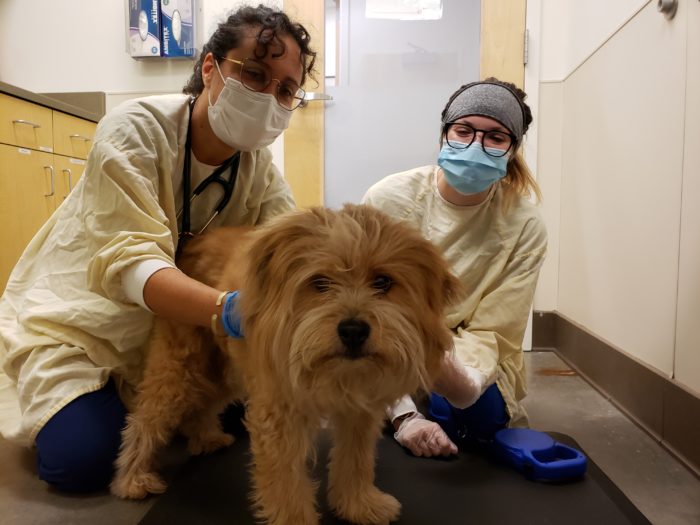
“Even prior to the impacts of COVID-19, families in our community were struggling to access care for their service animals and animal family members,” Kuehl said. “When families are experiencing so many challenges with housing, employment, education and food insecurity, the last thing we want them to also be worrying about is having to give up a member of their family or watch them suffer because they are unable to access veterinary care.”
Seattle Humane has been working tirelessly to keep up with the growing demand for pet resources and evolving public health guidelines since Washington Governor Jay Inslee declared a state of emergency over COVID-19 in late February.
The need for emergency food and pet care assistance in the Pacific Northwest reflects the financial hardships people are facing across the nation as the pandemic shows little sign of slowing down or ending soon. Seattle Humane remains deeply focused on community outreach efforts that prevent pets from entering or re-entering the shelter system.
Seattle Humane partnered with several regional animal shelters to create a Mobile Pet Food Bank in April, providing free food and supplies to pet owners at pop-up events across King County. The Mobile Pet Food Bank has distributed more than 134,000 pounds of food since April, and Seattle Humane has provided more than 75,000 pounds of pet food to individuals during that same time through its own longstanding Pet Food Bank.
One Health Clinic joined the Mobile Pet Food Bank collaborative earlier this summer, adding veterinary care to the list of services provided during pop-up events. Seattle Humane veterinary services staff have jumped in to help provide services at many of the One Health events.
Seattle Humane has provided numerous emergency life-saving surgeries and treatment for low-income pet owners since closing its doors to the public for on-site visits in early March, and its Schuler Family Medical Center has been inundated with service requests since public spay/neuter appointments recently became available again.
The latest service under development at Seattle Humane is a temporary foster program that will allow people facing economic evictions to place their pets in the care of volunteers until they resolve issues regarding housing. Seattle Humane is looking toward the future and attempting to get ahead of a looming eviction crisis.
Seattle Humane will continue looking for opportunities to support members of our community in need of emergency resources. There is a dedicated COVID-19 resource page on its website to help pet owners access information and resources needed during this incredibly challenging time.
*One Health Clinic is a collaboration between the Washington State University College of Veterinary Medicine and the University of Washington Center for One Health Research to create a health care model that addresses human and animal health and well-being. One Health focuses on serving families with pets who are experiencing homelessness and are at risk of homelessness in King County and beyond.
